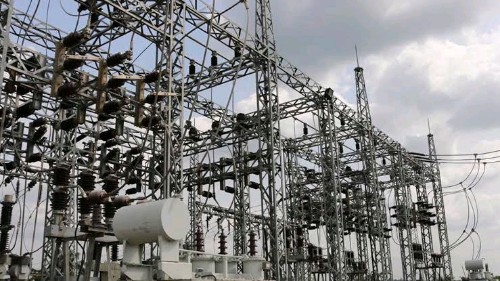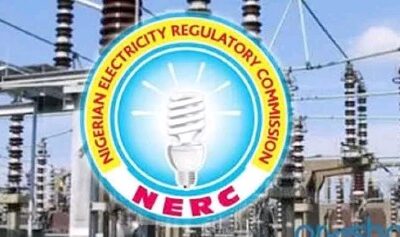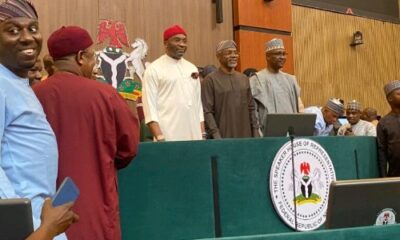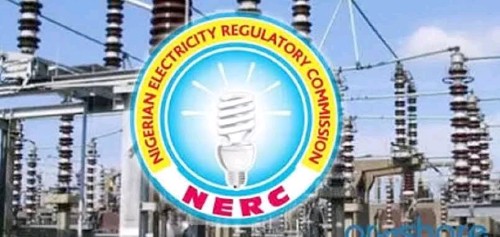The Federal Government of Nigeria has implemented new technology to identify and react to abrupt losses or dips in power generation throughout the nation in an effort to solve the ongoing failure of the country’s electrical infrastructure.
It made this announcement on Wednesday through the Transmission Company of Nigeria, saying that TCN’s grid management capabilities would be enhanced by the new Generation Dip/Loss Detection System.
According to earlier reports, Nigeria saw its sixth power grid breakdown of 2024 the day before. The system’s energy generation dropped from 2,583.77 megawatts at 2 a.m. on Monday to 64.7 MW at 3 a.m., and the grid was eventually restored later that day.
The report stated that hough the Transmission Company of Nigeria attributed the cause of Monday’s grid collapse to a fire incident, it had consistently blamed gas shortage for power generation and the vandalism of power infrastructure for the recurrent cases of grid collapse in Nigeria.
Nigeria generates an average of 4,000MW of electricity for an estimated 200 million citizens across the country.
But this is hardly sustainable, as the grid continues to record incessant collapse due to gas supply constraints, transmission infrastructure vandalism, and liquidity crisis, among others.
To address this, TCN in a statement issued by its spokesperson in Abuja on Wednesday, said a new technology had been deployed by the Federal Government’s company to effectively manage the transmission network and the national grid.
It said, “As TCN continues to make efforts to enhance grid management, its engineers have recently deployed the Generation Dip/Loss Detection System which plays a pivotal role in detecting and responding to sudden drops or dips in power generation across the network.
“This new innovation stands as a testament to the Transmission Company of Nigeria’s commitment to advancing grid management capabilities.
“Designed to empower the National Control Centre in Osogbo, GLDS provides grid controllers in NCC with advanced tools for real-time monitoring and analysis of grid performance.
“Its intuitive interface allows for the setting of parameters, continuous monitoring of power generating stations, and comprehensive reporting functionalities, enabling swift responses to grid disturbances.”
The company said GLDS incorporates sophisticated data analytics and machine learning algorithms to analyse real-time data and identify patterns associated with sudden generation loss.
“By leveraging anomaly detection techniques, GLDS can promptly alert grid controllers on deviations from normal grid behaviour, facilitating proactive intervention to prevent widespread disruptions,” it stated.
TCN further stated that the system would ensure seamless communication between GLDS and IoT cloud servers, enabling a more rapid response and coordination of mitigation strategies.
It said this connectivity underscores the company’s commitment to enhancing grid resilience and ensuring the uninterrupted delivery of electricity to consumers across Nigeria.
The firm said, “Previously, TCN engineers had developed an in-house design that leverages on IoT technology as an innovative solution in response to the challenge of limited visibility of power generators.
“The IoT devices, which were strategically deployed across power stations and some substations, facilitate the collection of near real-time data, including power generation levels and grid performance metrics.
“The IoT enabled the expansion of visibility of power generating stations from six to 27, and this has helped TCN significantly improve its ability to monitor grid load and identify potential issues before they escalate.”
The power transmission company stated that recently, the IoT device was also used to capture generation from Taopex Gs and Zungeru hydropower station, bringing the total number of power stations visible to the national grid to 29.
It said, “The GLDS and the IoT represent a significant step forward in bolstering grid stability and reliability.
“These initiatives not only empower TCN’s grid controllers with the insights needed to proactively address challenges and minimise disruptions but also demonstrate TCN’s dedication to meeting the evolving demands of the NESI (Nigerian Electricity Supply Industry).”

 BIG STORY5 days ago
BIG STORY5 days ago
 BIG STORY5 days ago
BIG STORY5 days ago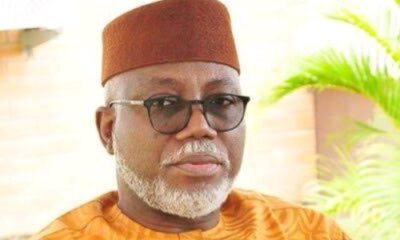
 BIG STORY2 days ago
BIG STORY2 days ago
 BIG STORY5 days ago
BIG STORY5 days ago
 BIG STORY2 days ago
BIG STORY2 days ago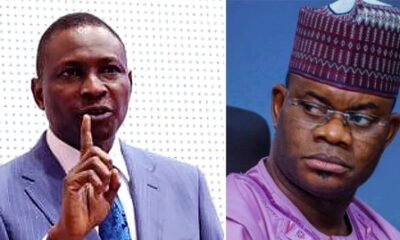
 BIG STORY3 days ago
BIG STORY3 days ago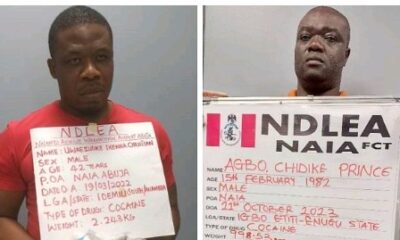
 BIG STORY2 days ago
BIG STORY2 days ago
 BIG STORY16 hours ago
BIG STORY16 hours ago



